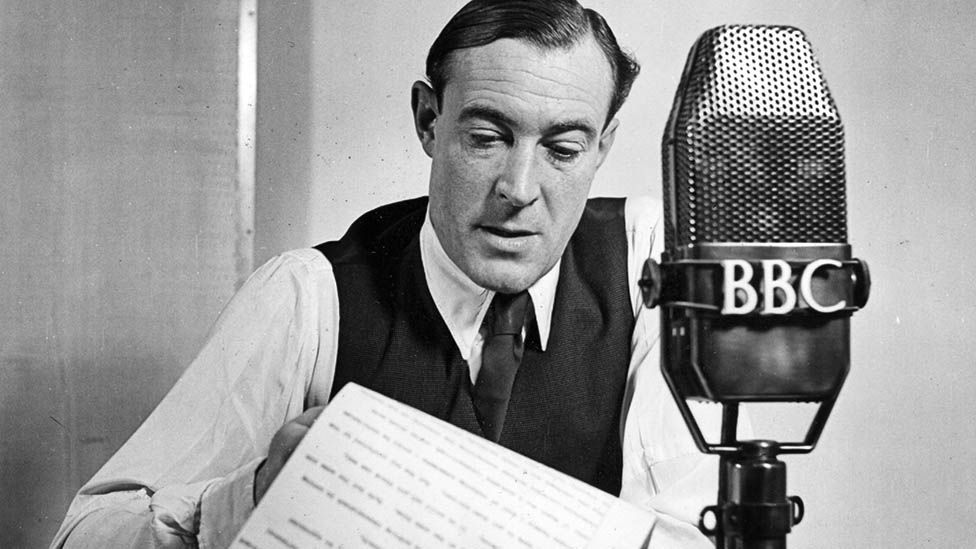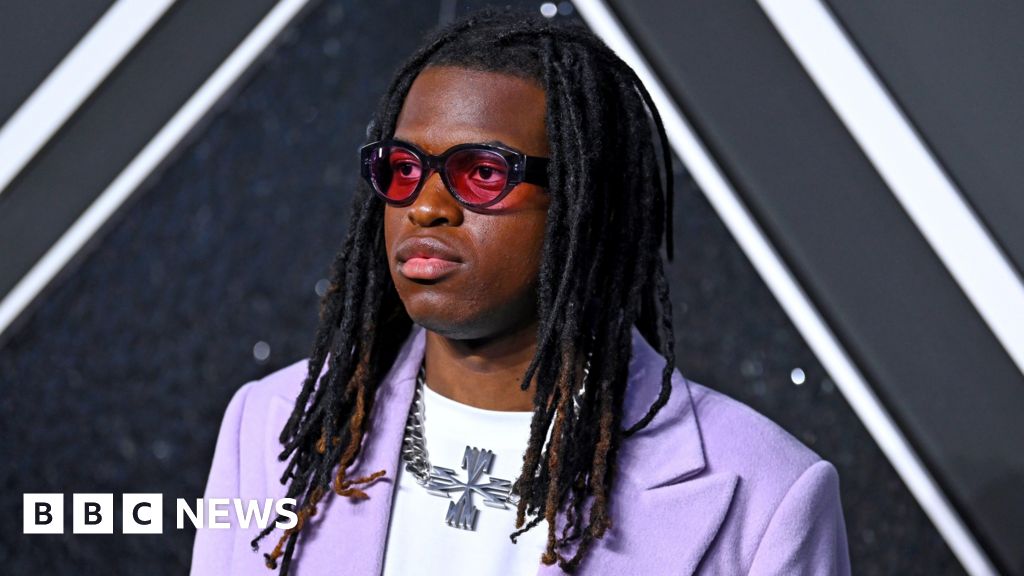ARTICLE AD BOX
 Image source, Getty Images
Image source, Getty Images
By Amol Rajan
Media editor
As the BBC celebrates its 100th anniversary, our media editor looks ahead at the challenges it faces, from competition from streaming services to reaching young people on TikTok.
Great institutions, like great literature, are often born from existential angst, as urgent responses to the prevailing horrors of their era. As with TS Eliot's The Waste Land, released in 1922, so with the BBC.
When Lord Reith - shot in the face in World War One - became the BBC's first General Manager, he had the national interest at heart. A Scottish engineer in post-war London, he wanted to deploy the latest technology to rebuild a country ravaged by war.
Today few people would suggest building a public media institution. Fewer still would fund it through a licence fee, seen by some as tax on households. And yet, as the plaudits for its coverage of the death of Queen Elizabeth II demonstrate, the BBC often remains world-class.
Image source, Universal History Archive/Getty Images
Image caption,Millions tuned in to watch the Queen's coronation, broadcast by the BBC in 1953
For a century, the BBC has been there for Britons at the big moments in national and international life. Churchill's war broadcasts; Queen Elizabeth's coronation; the World Cup in 1966; a man on the moon; the fall of the Berlin Wall; Ed Balls doing Gangnam Style on Strictly Come Dancing.
Most people in Britain found out about these things through the BBC. But bringing the country together is now harder than ever, partly because of how Britain has changed, but mainly because of how the media has changed.
For 100 years, the BBC has used the latest technology to secure its emotional contract with the people. It was born in the era of radio, and gave us the first glimpse of TV. A series of technological revolutions - the internet, smartphones, social media - have irreversibly weakened the BBC's grip on our culture.
These revolutions connect the major challenges the BBC faces today. Here are five.
Trust
Trust is easily destroyed, but not easily created. Frequent scandals - Jimmy Savile; Martin Bashir's Princess Diana interview; many others - have eroded the public's trust in the BBC.
And this is the age of disinformation. In a world where lies spread faster than truth, the belief that accuracy is sacred has diminished. Social media has been catastrophic for the news trade.
This is an opportunity for some journalists, who spend time, money, and effort ascertaining the truth, something most people still believe in. But declining trust is a threat to the BBC. People won't pay for something they don't trust.
Cost
The BBC's direct competitors include companies like Netflix valued in the hundreds of billions - it will struggle as its funding is capped at around £5bn. The BBC is obliged to do stuff they don't do (news, radio, religious programming), it's tightly regulated and comes under relentless political pressure.
Streaming services have also driven up staff and programming costs. Ultimately, the BBC will have to do less, which means it will have to work out what it can do that others can't.
Reaching young people
Mel Giedroyc and Sue Perkins, former presenters of the Great British Bake Off, who did not move with the show to Channel 4
There is a stark generational divide in consumption of BBC content.
Britons aged between 16 and 24 spend more time on TikTok alone than watching broadcast television. In the past decade, the amount of time they spend watching terrestrial TV has fallen by two-thirds.
The BBC's worst nightmare is irrelevance. Losing Test cricket to Sky is one thing, losing Bake Off to Channel 4 is another. But there are limits. At the big moments, the BBC needs to remain indispensable. For now, it is.
But the road to irrelevance is paved with TikTok videos, Netflix dollars and Spotify playlists.
Universal appeal
Image source, Getty Images
Image caption,Nadia Jae presents the breakfast show on 1Xtra
A related, but separate, issue is universality.
To retain the licence fee, the BBC must appeal to all - or at least, as close to all as possible. This is why Director-General Tim Davie has prioritised restoring the BBC's fragile reputation for impartiality.
In a country as digital, diverse, and divided as modern Britain, appealing to all is extremely difficult. An institution that nurtures Antiques Roadshow must also grow the audience for 1Xtra. Critics call this "imperial ambition".
But even as the BBC acknowledges it is going to have do less, and focus on providing what the market cannot, its current funding model depends on proving it appeals across generational, geographic and gender divides.
Politics
The BBC has always infuriated governments, of all hues. Today, there are two big differences.
First, the hostility from government is much more relentless, thanks in part to social media and today's culture wars.
Second, the BBC's most committed enemies can use the streaming revolution to make their case, by saying the licence fee is no longer fit for purpose. Their agenda is ideological; their argument is based on technology.
There remains a strong objection in principle to the licence fee: namely, the threat of criminal sanction.
Today, those who take this view can add a strong objection: it is unfit for the era of YouTube and Instagram.
Strictly Come Dancing is hugely popular on BBC One
Together, these challenges present an existential threat.
Only a brave soul would bet on the BBC's current funding model surviving the next few decades.
But as recent weeks have shown, it remains widely cherished and able to do some useful things exceptionally well. Its current leadership has a plan to address the challenges.
Even as it slowly shrinks, the BBC has to use the latest technology to secure a new contract with the people, persuade them it is worth paying for, and keep opponents at bay.
This centenarian's best hope is to go back to the enlightened vision of that lanky son of a preacher man who founded it. As Lord Reith knew in 1922, quality, not quantity, is the BBC's best hope.

 2 years ago
22
2 years ago
22








 English (US)
English (US)